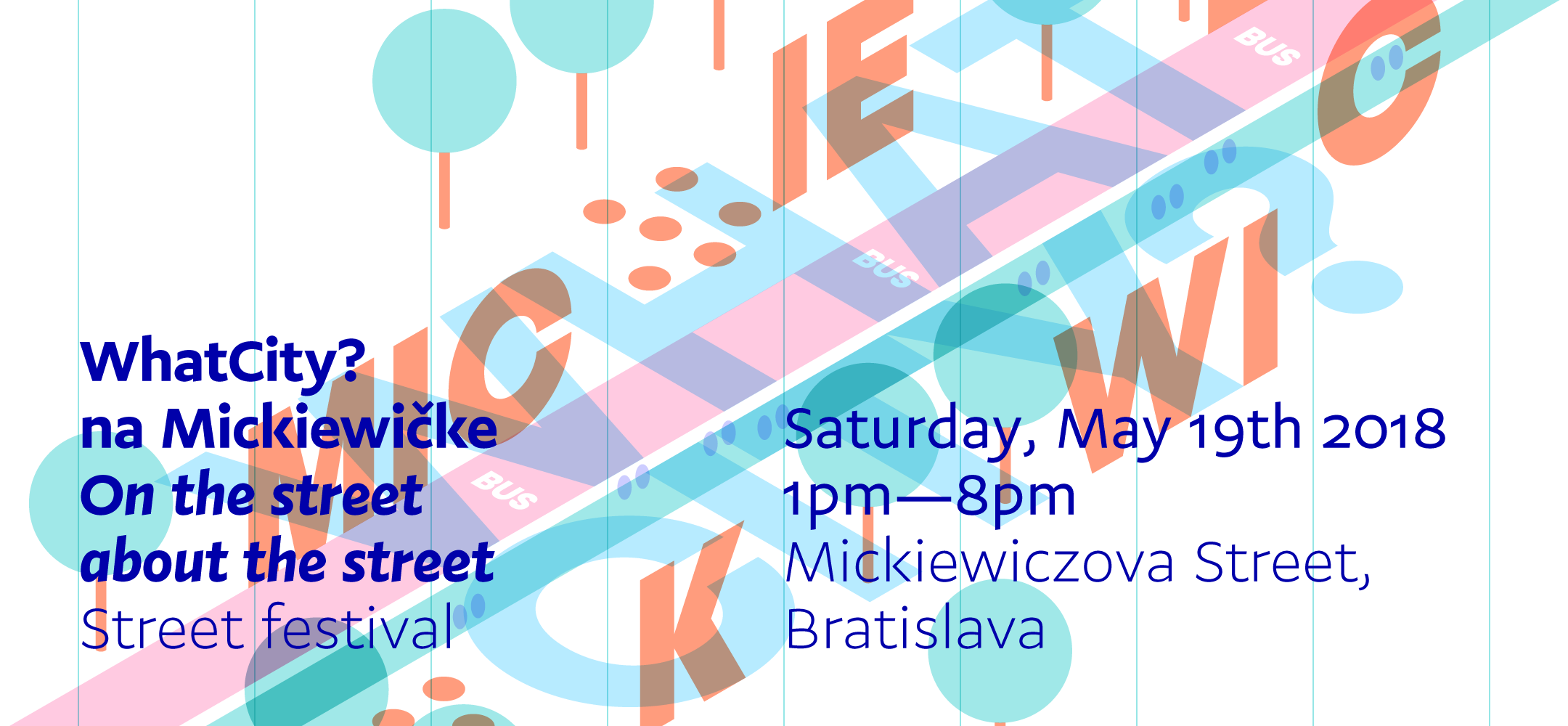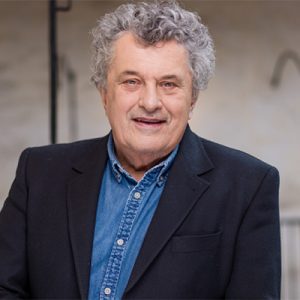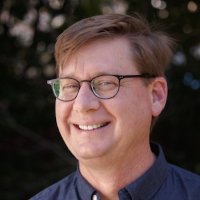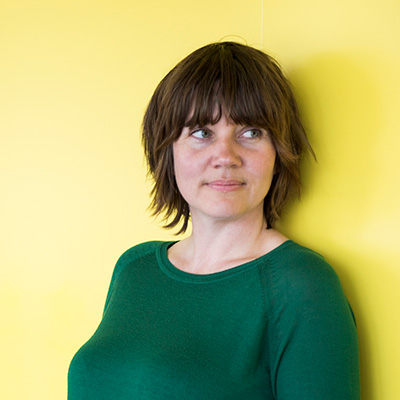International expert workshop WhatCity? Mickiewiczova, May 18th 2018 (read the proceedings)
What public spaces, specifically streets or squares in the area between the historical Old Town and the New Town of Bratislava share is the increased automobile traffic. Sidewalks have turned into parking lots with very little or no respect for tens of thousands of pedestrians making their daily ways between home and work, offices, cultural, educational and recreational grounds located within this area in a very high density. Although the area of wider Old town is heavily used by pedestrians they seem to find their ways around once major boulevards and generously designed squares in inferior and unsafe ways.
A number of citizens’ and business initiatives have launched their activities in the area in the past few years. A number of studies, manuals, community events financed by citizens and private investors have been realized. Calls for calming of the traffic have been repeating since 1940s. These studies have never become a reality. In 2018 we are witnessing the energy generated by diverse actors who are sharing common goals in their projects and opening some major questions.

How can the area within the touristic Old Center and the New Town become human-friendly again? How could streets and squares of the central district provide safe and efficient ways for pedestrians and bikers? Is it possible to reduce the traffic? How can official and political representatives utilize the potential of the past actions?
Program
10:30 – 12:00 Guided tour introducing into the context and status quo of the district
Obchodna – Kollarovo square – Mickiewiczova – Americke square – Florianske square – Blumentalska
12:00-13:00 Lunch, Satori Stage, Mickiewiczova 9
13:00-16:30 Group work
Group 1: Pilot projects as catalysts of change
Group 2: Long term private-public partnerships and resources
The workshop will be held in English. Entry: by invitation/free of charge
Aims&Goals
Workshop will bring new know-how on:
1) increasing city competitiveness stemming from traffic mitigation and creating capacities for future area enhancements
2) long and short-term strategies successfully implemented in cities abroad used to mitigate transport and increase the quality of public space
3) management of municipal and community representatives (community investors) as a participatory development project
4) using partnerships and financial strategies
Workshop leaders
Janez Koželj
Having taught the Urban design at the Faculty of architecture in Ljubljana, he has been the protagonist of the contextual approach to town planning. Since 1995 his interest has been shifted to the strategic issues of the contemporary urban design. Focusing his research on the contemporary city, he relates analytical results to his built projects. His urban studies and outlines of architecture were published in several books; he has received many national and international awards for architecture. Since 2006 he is Deputy Mayor of Ljubljana Municipality, responsible for urban and traffic planning, urban design and environment. The main task of his office is to introduce the policies of sustainable development of the city.
Charlie McCabe
Charlie McCabe graduated from Urban Placemaking and Management at Pratt Institute in Brooklyn. He has been working in the parks and conservation world for over a decade. His vast experiences range from programming parks down to fundraising the new green areas via private-public partnership. McCabe joined US nonprofit organization e Trust for Public Land (TPL) in January 2017 as the new Director for the Center for City Park Excellence. Trust for Public Land s a US facilitates and funds the creation of parks and protected lands in the United States mainly operating on private-public partnership.
Willemijn de Boer
As a connector Willemijn has been able to use vacant real estate to bring people together, add value to the real estate but also to the surrounding areas and the people living and working in them. She studied at the Erasmus University Arts & Culture, worked for various cultural enterprises and academies and found her own business managing real estate and building communities in them. With a new company e Hague Tech as a result of temporary use: a tech community in the city center of e Hague.
Partners
The workshop is organized by Punkt and Green Foundation.
Organizator
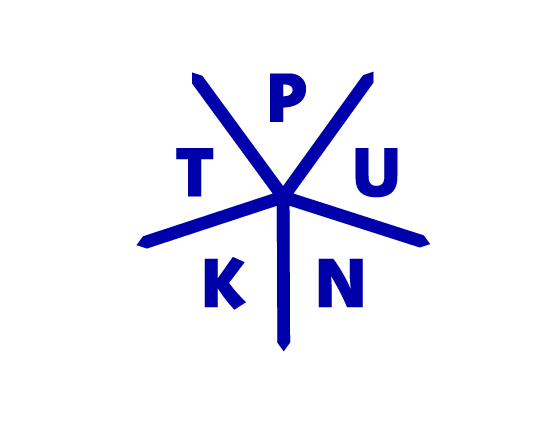
Main partner
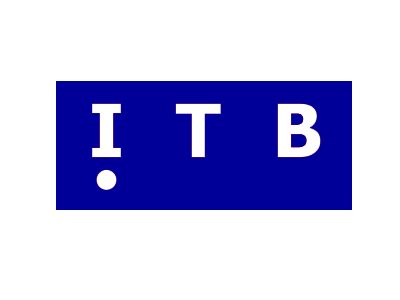
Main workshop partner
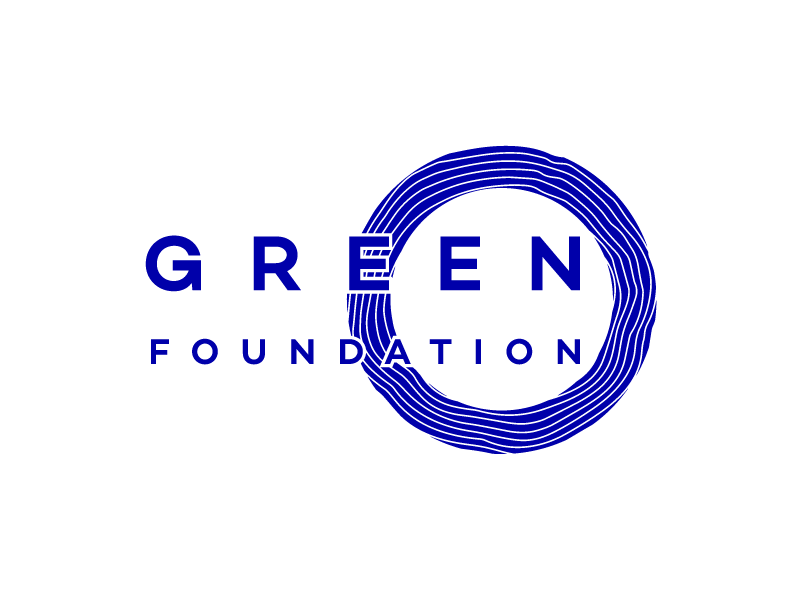
Main program partner

Partners
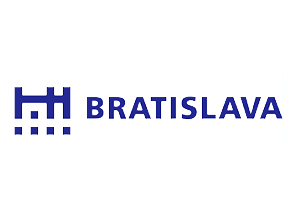
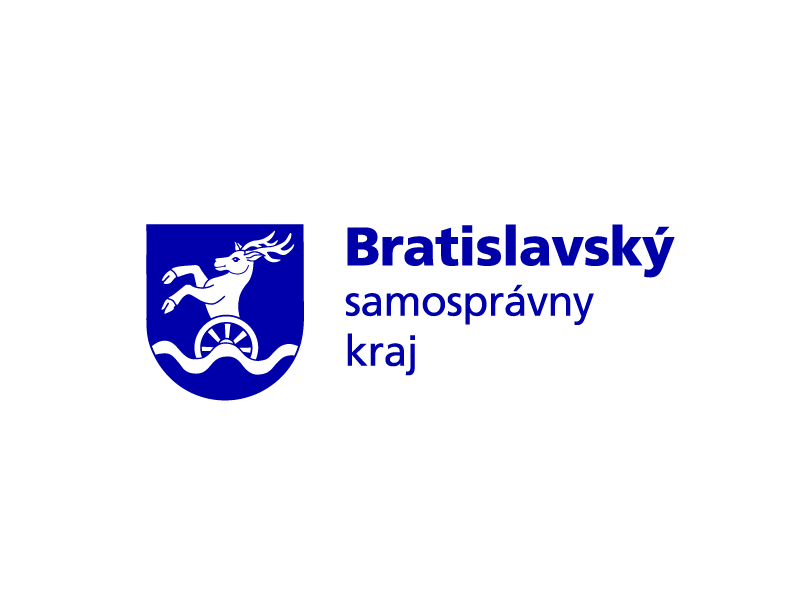
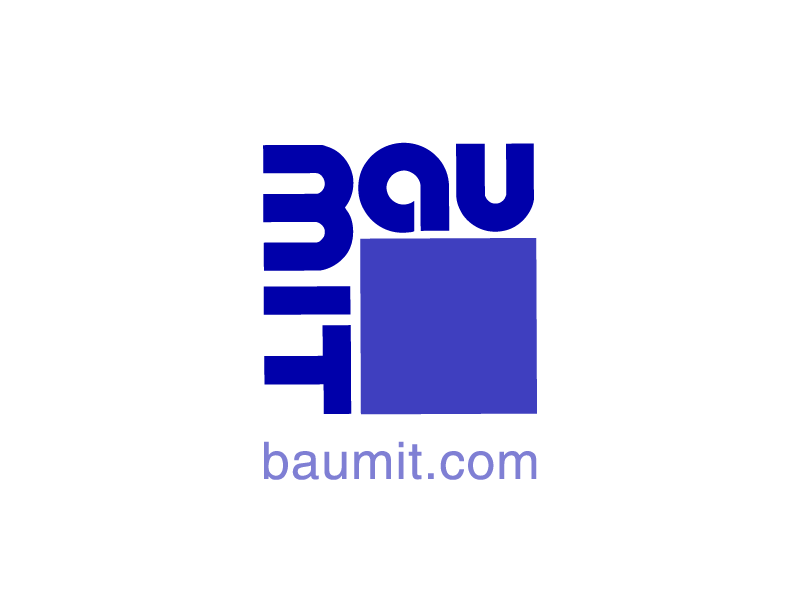
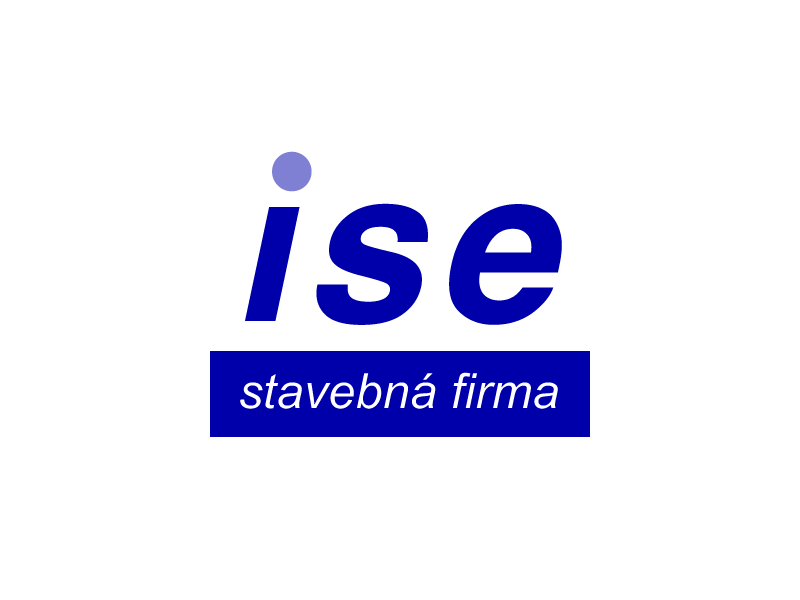
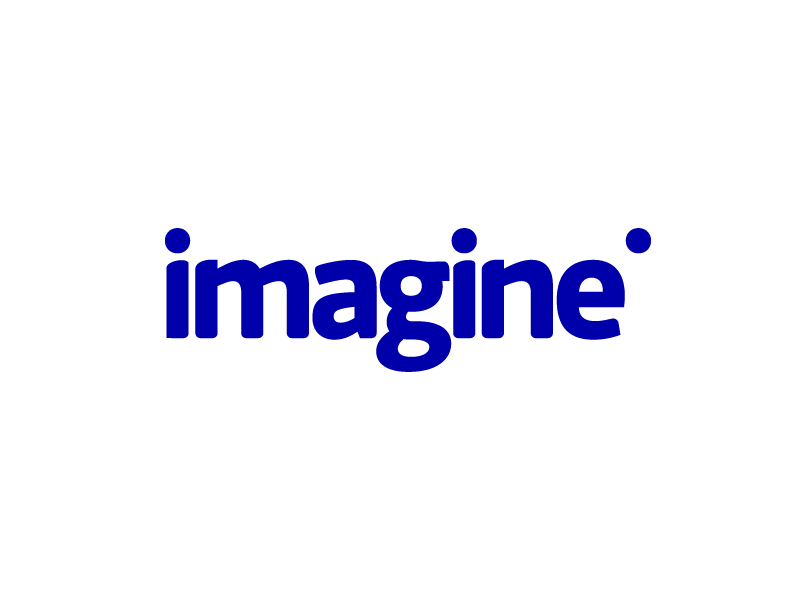
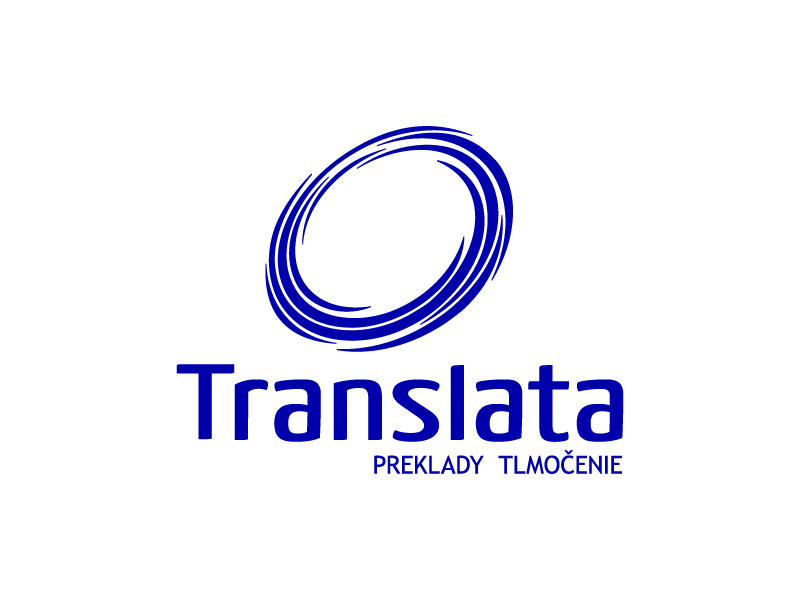
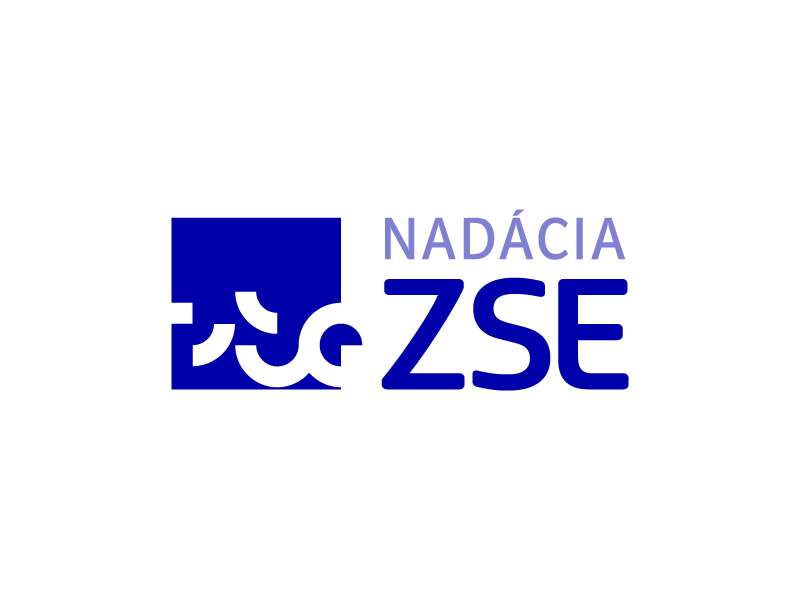
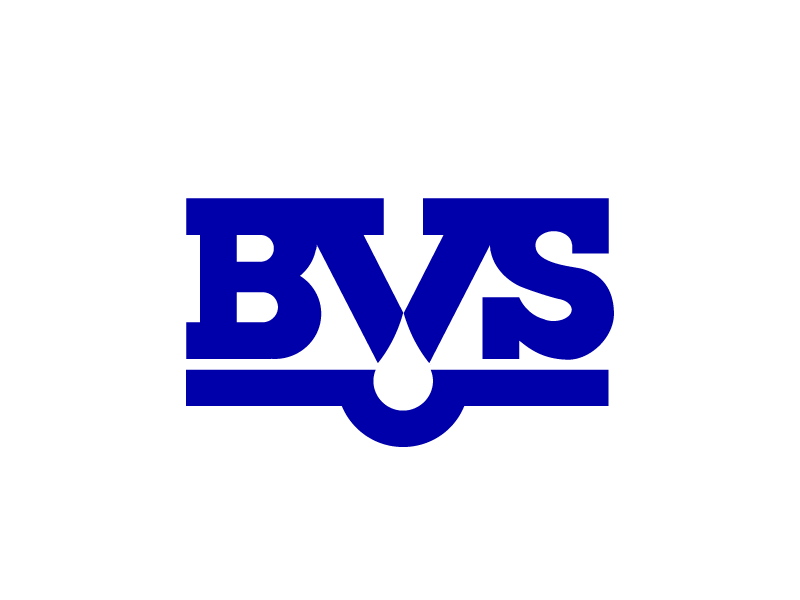
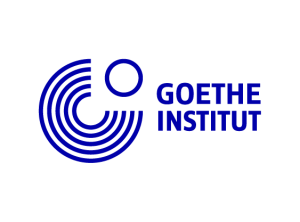
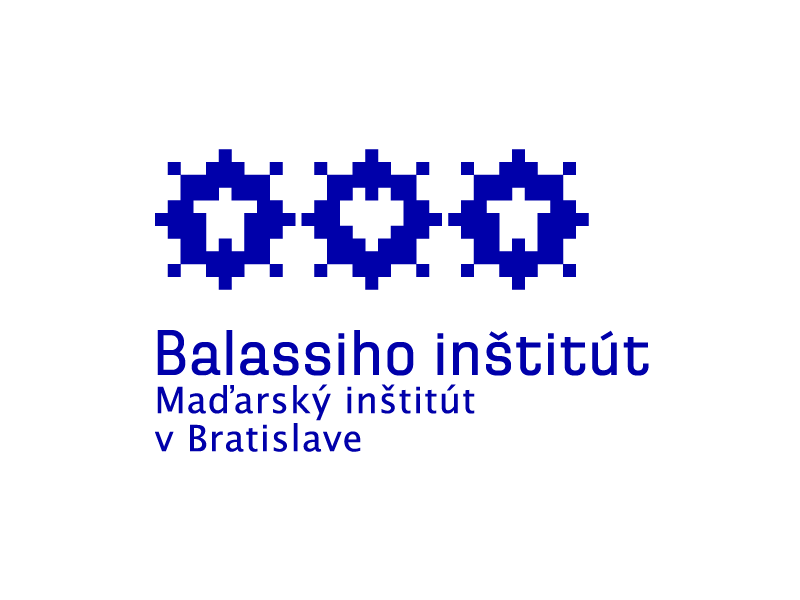
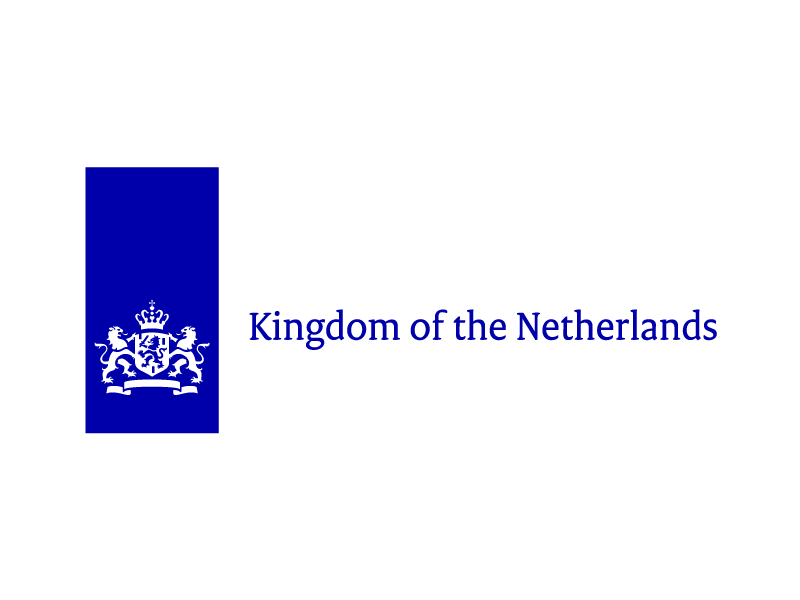
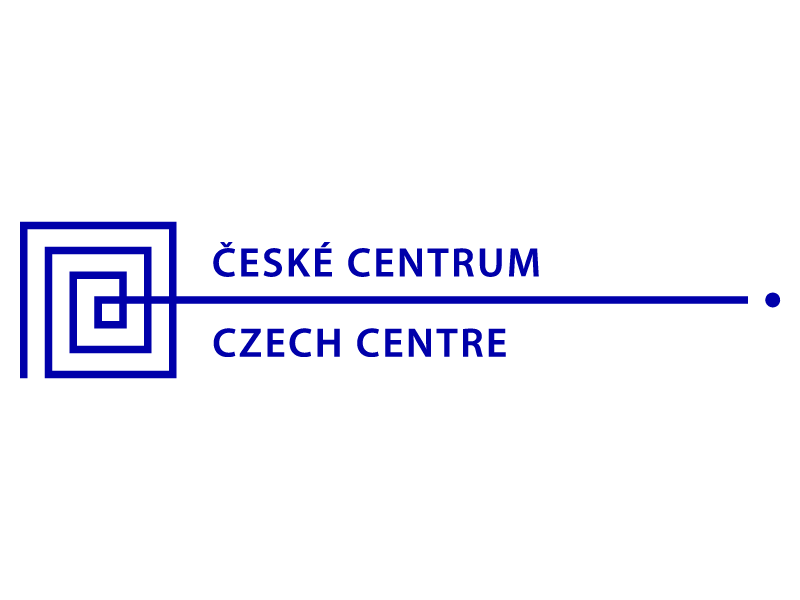
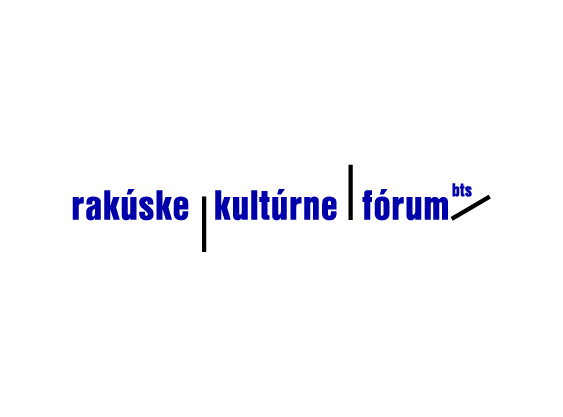
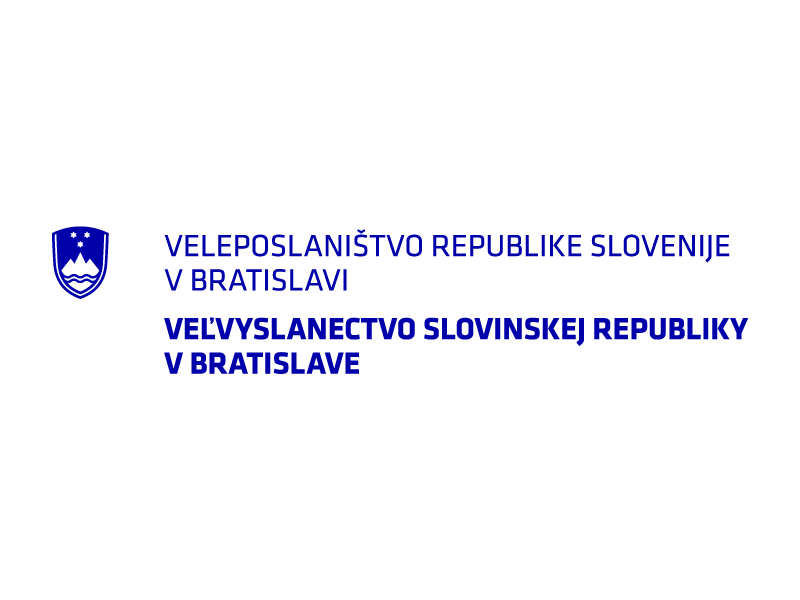
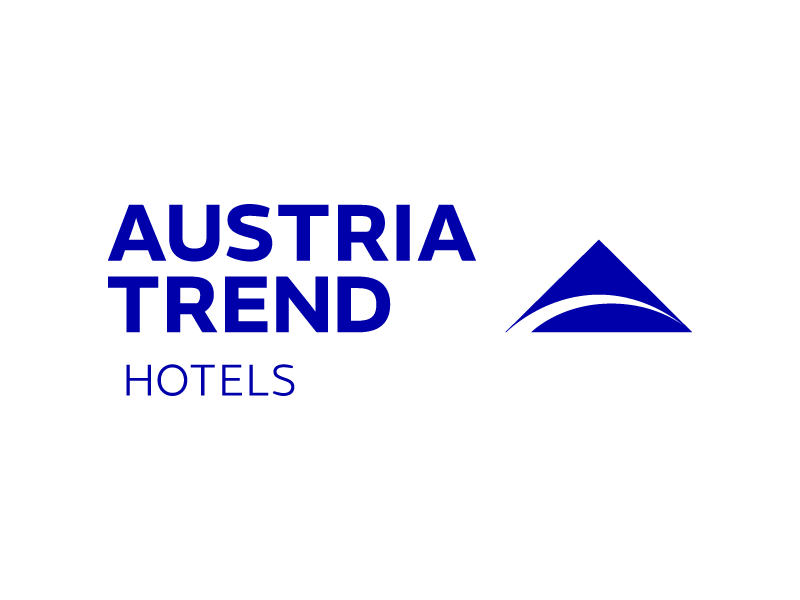
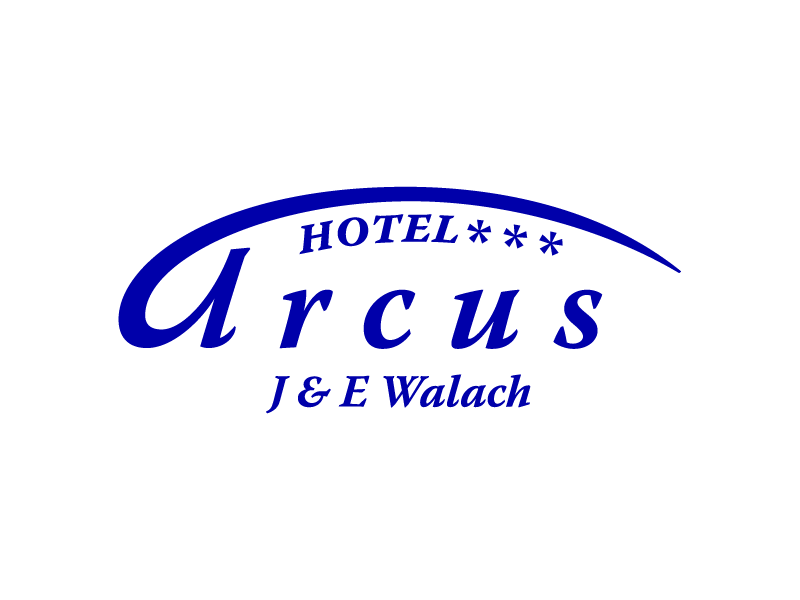
Program partners
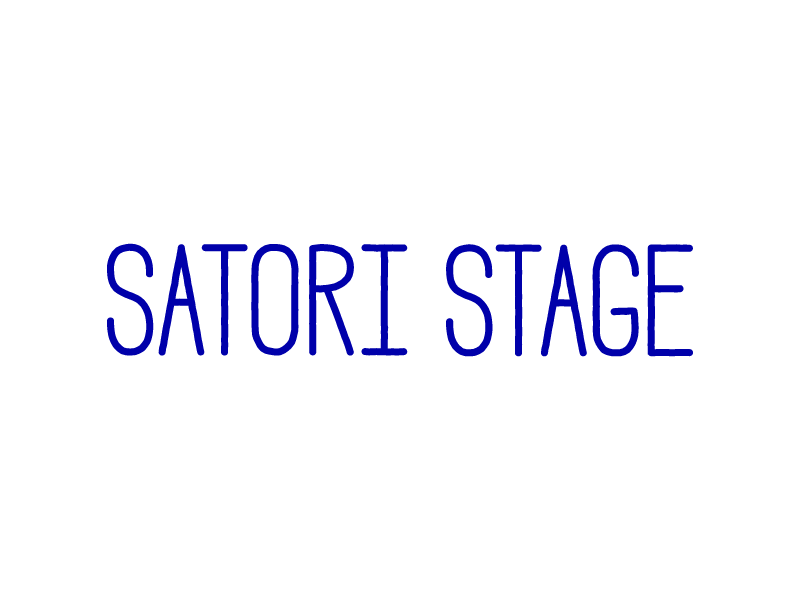
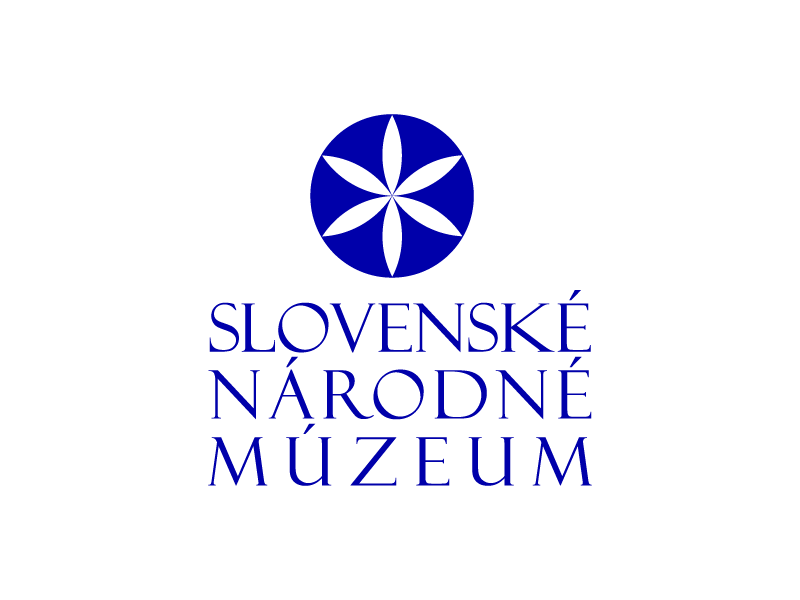
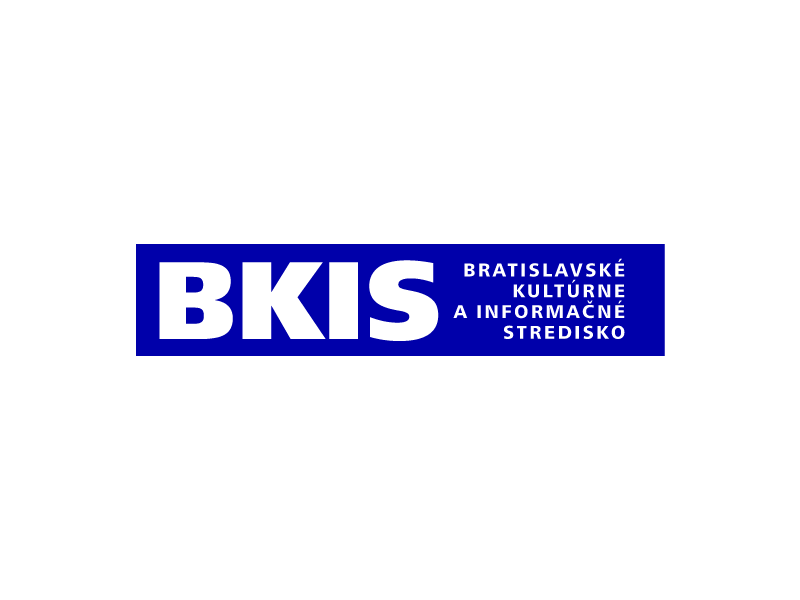
Main media partner
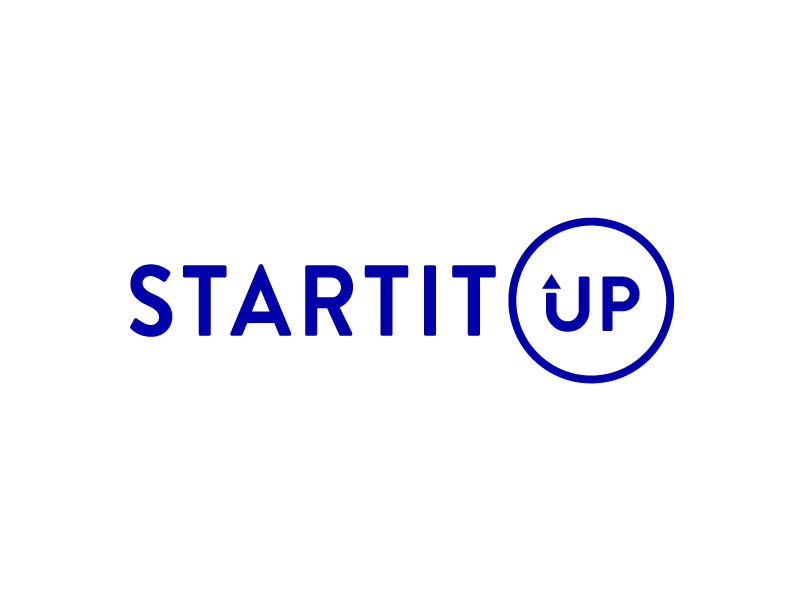
Media partners
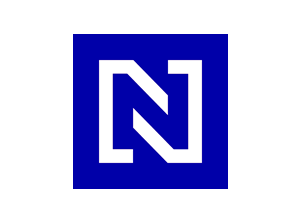
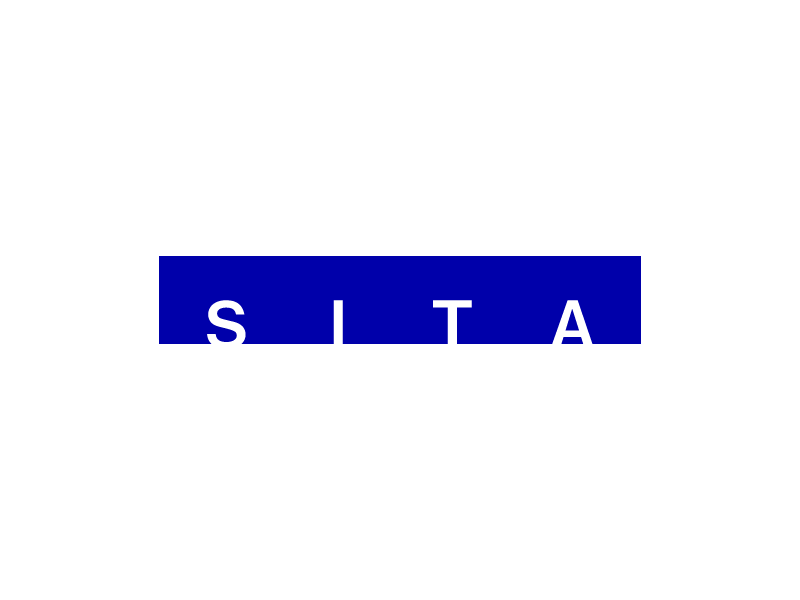

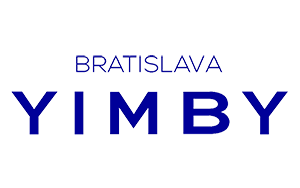
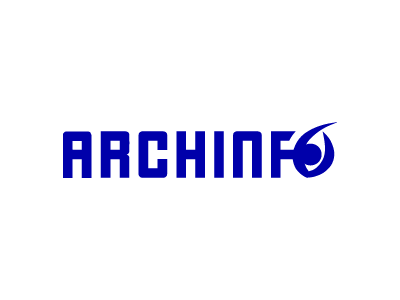
Technical partner


